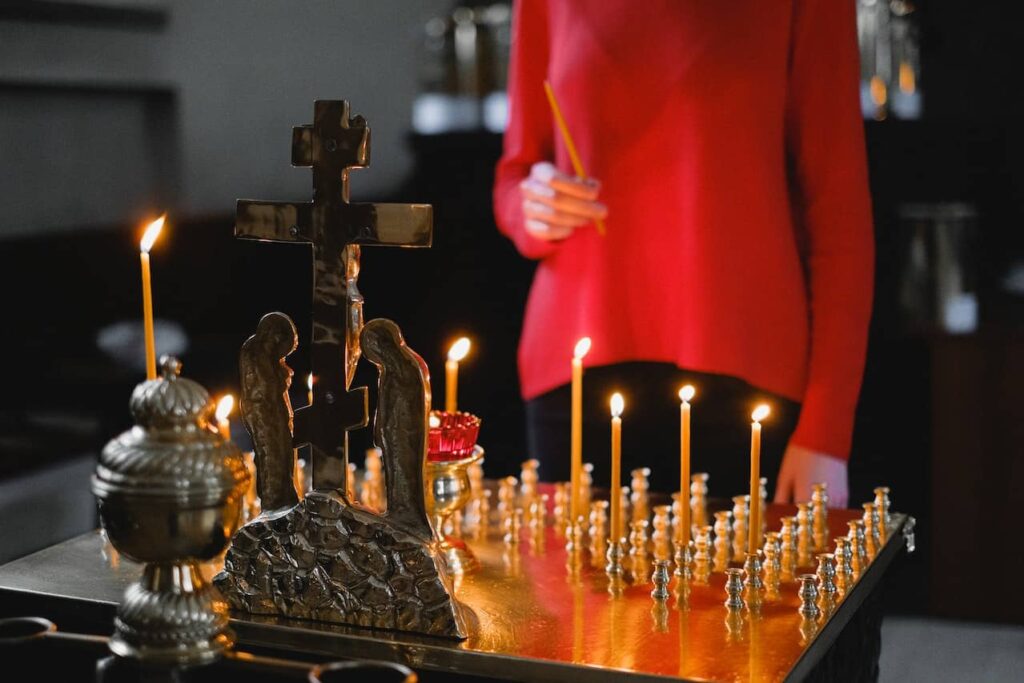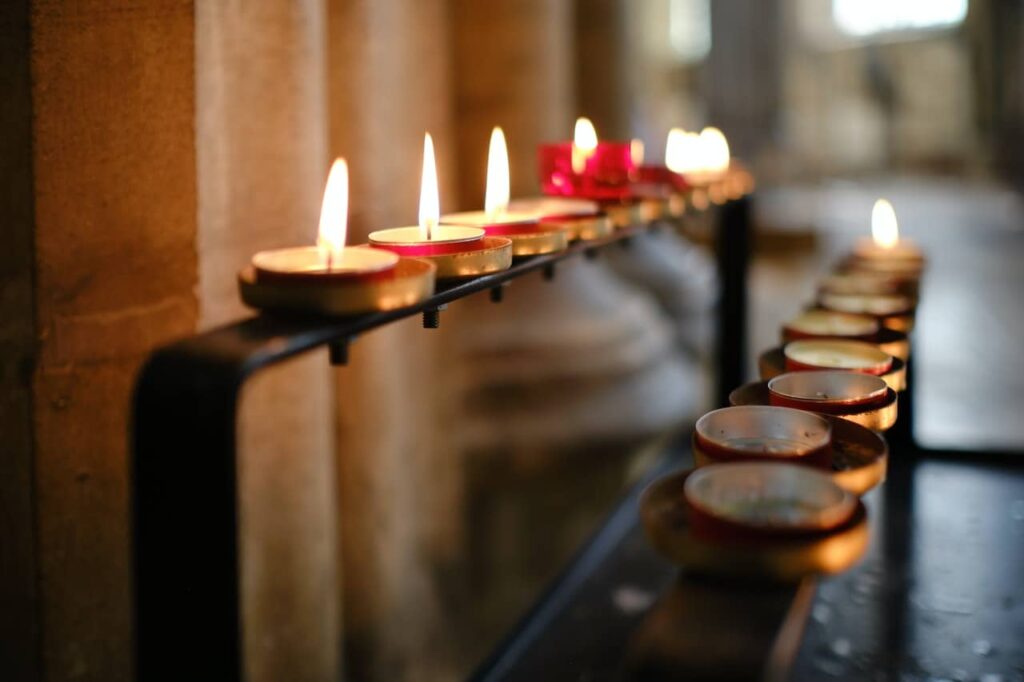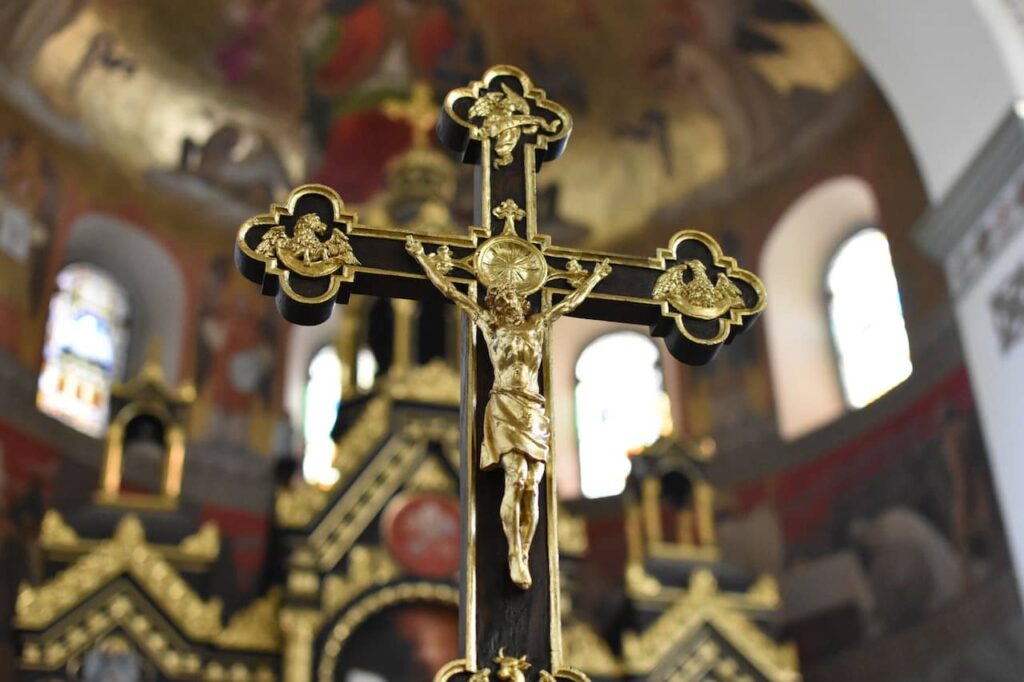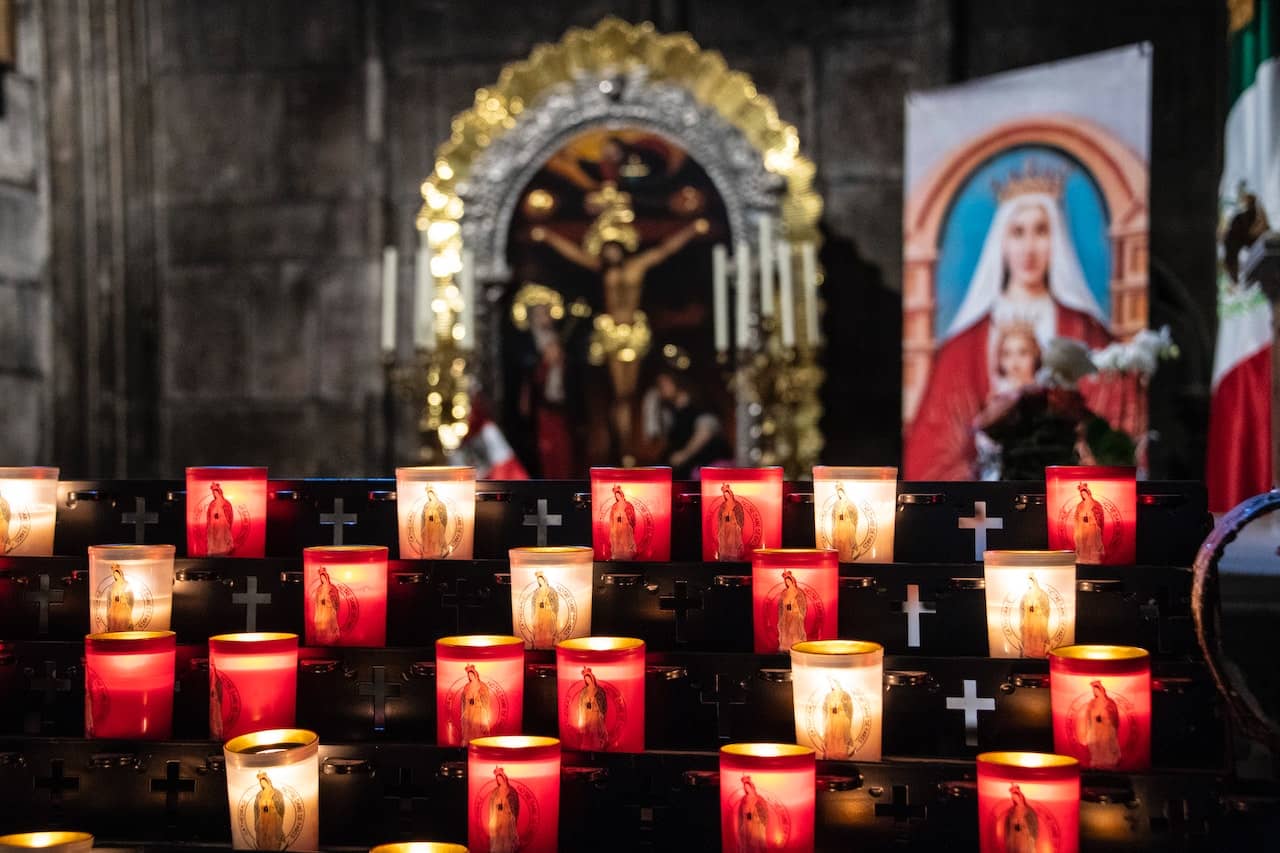The Irishman’s Imagination
A few lines of George Bernard Shaw’s play John Bull’s Other Island have long mesmerized me. The play’s main character is Larry Doyle, an Irishman who has adopted English custom and manners while shaking his Irishness from his feet. Early in the play, Doyle unleashes a rant about the Irish.
[A]n Irishman’s heart is nothing but his imagination… Oh, the dreaming! the dreaming! the torturing, heart-scalding, never satisfying dreaming, dreaming, dreaming, dreaming!… An Irishman’s imagination never lets him alone, never convinces him, never satisfies him…
Those words smote me between the eyes when I first read them, and smite me still. They reflect my spirituality, capturing my journey to God like few words have.
Everyone dreams and imagines, not just the Irish, and neither ever lets us alone. Dreams and imagination are part of everyone’s spirituality. Indeed, in Ignatian spirituality, dreaming, imagination and spirituality are of a piece. How else, besides dreams and the imagination, can one try to grasp the Infinite? That which is Unreachable?

To Never Be Let Alone
Why do dreaming and the imagination never let us alone? They disturb us somehow. They don’t let us rest. If dreams and the imagination inform our spirituality, which I believe they do, then our spirituality never lets us alone, either.
Why do these things not satisfy? Why do they torture and scald the heart?
St. Augustine provided the answer in his Confessions. “You have made us for yourself, Lord, and our hearts are restless until they rest in thee.” (1.1.1). This holy rest—and the holy struggle to achieve it—is also captured in the poetry of Johann Wolfgang von Goethe in a poem titled “The Holy Longing.” Two lines in particular grasp the essence of the idea: “I praise what is truly alive, what longs to be burned to death.” This is the holy longing that tortures and scalds the heart. It is the only authentic spirituality.
Ronald Rolheiser’s book of the same name as Goethe’s poem, puts these matters into contemporary English: “[A]t the center of our lives is a fiery energy, a perpetual disquiet, a lingering loneliness, an inchoate ache for something we can never quite name.”
It is no easy task to walk this earth and find peace. Inside of us, it would seem, something is at odds with the very rhythm of things and we are forever restless, dissatisfied, frustrated and aching. We are so overcharged with desire that it is hard to come to simple rest.
Elizabeth Johnson, CSJ, writes of this same “dis-ease” in Quest For The Living God. For her, the quest for God “goes on because the human heart is insatiable.”
[A]s God-seekers of every age have testified, the human spirit cannot rest in any one encounter but, intrigued by the glimpse already gained, continues to hunger for more. People keep on journeying through beauty and joy, through duty and commitment, through agonizing silence and pain, toward greater meaning and deeper union with the ineffable God, to their last breath.
“My soul thirsts for you,” says Psalm 63. “Hide not thy face from me,” says Psalm 27.
I will seek him whom my heart loves.
Song of Songs 3:1-3.
I sought him, but I did not find him.
The watchmen came upon me,
as they made their rounds of the city.
Have you seen him whom my heart loves?

Holy Longing As Universal Love
As these writings make clear, this torturing, heart-scalding yearning that never lets us alone resides in each of us. The desire for the Ineffable is the essence of humanity, embedded within the very DNA of the human race.
Spirituality is not something on the fringes, an option for those with a particular bent. None of us has a choice. Everyone has to have a spirituality … [A]ll of us are precisely fired into life with a certain madness that comes from the gods and we have to do something with that. We do not wake up in this world calm and serene… We wake up crying, on fire, with madness. What we do with that madness is our spirituality.
Rolheiser at 6
This universal ache confounds and frustrates and can drive us to the brink of insanity. Do not the prophets’ words seem insane? It is like the Irishman’s dreaming; so like his imagination and mystical spirituality. Oh, the yearning! The yearning! The torturing, heart-scalding, never satisfied yearning! It never lets us alone, never convinces us, never satisfies us…
But the ache is beautiful, too. Exquisite. Wondrous and enchanting and altogether sublime. Because ultimately, it is love.
That’s what love is—to yearn after, selflessly, without end. God poured that yearning love into us as an act of love, and God wants—yearns—for nothing more than us to yearn for and love God back. “Stern as death is love,” says the Song of Songs (8:6). And stern is death is the never-ending yearning.
It can be hard, especially confounding, to yearn after that which we can never fully know or ever reach. But that does not—cannot—stop any of us from reaching for God anyway; from pursuing Him; from seeking our Beloved forever. “Though he slay me,” said Job, “yet will I hope in Him.”(13:15).

To Be Objectively Disordered
Yet some elements within the church deny this glimpse of the Divine Majesty, and the holy longing for it, to LGBTQ+ people. They do so whenever they exclude LGBTQ+ people from any part of the traditions and practices of the church. They do so whenever they say LGBTQ+ people are welcome, but only if they do not live out who they are, or only if they “repent.”
By saying and doing these things, these elements drive LGBTQ+ people away. They drive them completely away, from religion entirely, leaving them lost and bereft of any religious mooring necessary for that never-ending journey into the heart of the Infinite that is the quintessential essence of humanity.
The results are altogether scandalous.
Roughly 40% of homeless kids are LGBTQ+, with no place to lay their heads, and LGBTQ+ kids are 8 times as likely to attempt suicide than their straight counterparts. The U.S. Conference of Catholic Bishops fought funding for a suicide hotline solely because it would have helped LGBTQ+ kids, too, and LGBTQ+ teachers are fired by Catholic schools like it is some sort of blood sport out of Squid Game.
Church teaching that LGBTQ+ people are to be treated with “respect, compassion and sensitivity” is a thin gruel in light of the foregoing and given the far more emphasized and well-known church teaching that LGBTQ+ people are “objectively disordered” and that their desires are contrary to natural law and hence, are an “intrinsic moral evil.”
Indeed, the lip-service to compassion and sensitivity is tough to take.
Where is the compassion and sensitivity in saying “no” to a suicide hotline just because LGBTQ+ kids can use the hotline, too? In firing a teacher just because she’s lesbian, even if the students love her?
A more apt word for this is cruelty. It sure as hell ain’t the Jesus I know.
These elements within the church justify their positions by pointing to the traditions of natural law. Well, isn’t one, critical aspect of the natural law humanity’s never-sated yearning for the divine? Isn’t the denial of that yearning to LGBTQ+ people, by driving them away, itself contrary to natural law? Is it not itself objectively disordered to decree that LGBTQ+ people are unworthy of the heart-scalding beauty and exquisite yearning for God? Is it not an intrinsic moral evil to stand by, doing nothing, while Church teaching leads to so much LGBTQ+ anguish, drug use, rejection, homelessness and suicide?
Where does anyone, regardless of rank, education or regalia, derive the holy writ to deny anyone an honest search for God?
Oh, the torturing, heart-scalding, never-satisfied yearning of LGBTQ+ Catholic people, who feel the same mad desire for the same “we know not what” that everyone else seeks, but who are denied this exquisite agony because of how they were created to love!
We LGBTQ+ people dream, too. Our imaginations, our desires, our spiritual yearning never let us alone, either. In ways, our quest is even more mad, more heart-scalding, because of the barriers thrown up by haters. It is madness almost gone insane. I have said elsewhere that it is a travesty that so many LGBTQ+ people are driven away from this beautiful yearning by powerful dogmatists whom I respectfully believe have lost their way, as described in this article.
Far more than the deniers, LGBTQ+ people, in Goethe’s words, “praise what is truly alive, what longs to be burned to death.”
* * *
Rolheiser opens his book, The Holy Longing, with a quote from Henri Nouwen’s book Out of Solitude. Nouwen writes words of sublime beauty that every living human on earth knows and feels—including, perhaps especially, LGBTQ+ people.
Our life is a short time in expectation, a time in which sadness and joy kiss each other at every moment. There is a quality of sadness that pervades all the moments of our lives. It seems that there is no such thing as clear-cut pure joy, but that even in the most happy moments of our existence, we sense a tinge of sadness… Joy and sadness are as close to each other as the splendid colored leaves of a New England fall to the soberness of the barren trees… But this intimate experience in which every bit of life is touched by a bit of death can point us beyond the limits of our existence. It can do so by making us look forward in expectation to the day when our hearts will be filled with joy, a joy that no one can take away from us.




This is beautiful and timely, Mark. Thank you.
I love this reflection Mark. It’s about deeply yearning. It’s so puzzling and I wonder what God is doing with our hearts, our lives? I wonder that the US bishops in particular, are so unloving… so far from understanding and so damaging. Rilke says, “be patient with all that is unsolved in your heart” and “take whatever comes with great trust”. Teillard de Chardin says “trust in the slow work of God”. With thanks.
Powerful Beautiful article. Thank you Mark for writing this
Mark: What a beautifully written article merging the sadness and joy of which Nouwen writes. Thank you for sharing your deep yearning and pain. You are God’s beloved!